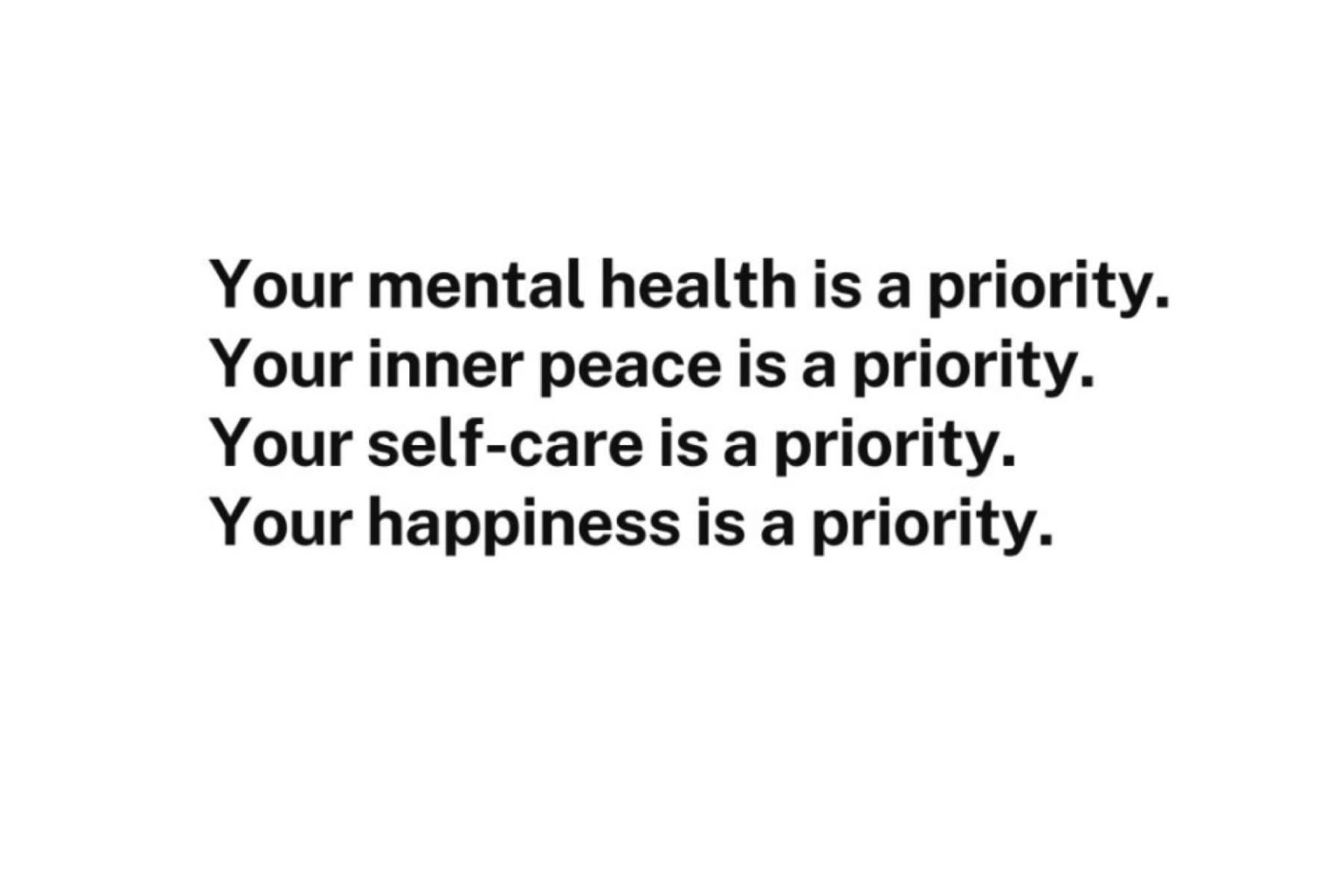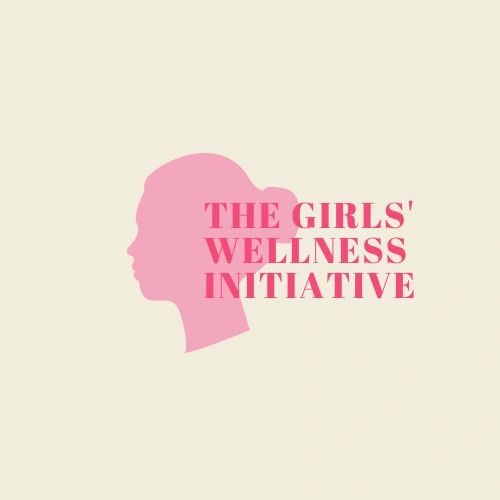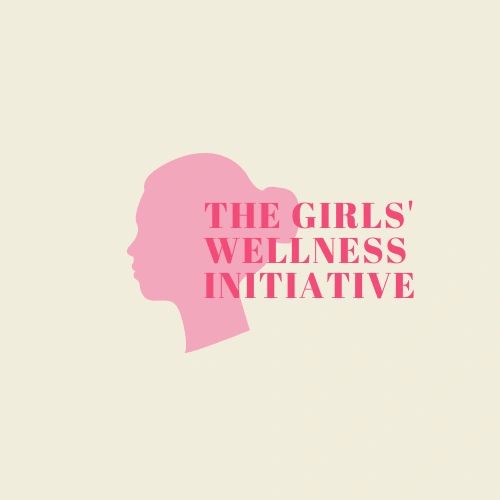
Nurturing Inner Well-Being: A Guide to Mental Health
Inner mental health is a cornerstone of overall well-being, encompassing emotional, psychological, and social aspects. This article delves into the importance of nurturing inner well-being and provides a comprehensive guide to supporting mental health.
Understanding Inner Mental Health: A Holistic Perspective
Inner mental health is more than the absence of mental illness; it reflects the state of one’s emotional and psychological well-being. Understanding inner mental health requires embracing a holistic perspective that considers factors such as emotional resilience, self-awareness, and the quality of interpersonal relationships.
Embracing Emotional Resilience: Building Inner Strength
Emotional resilience is a key component of inner mental health. It involves the ability to adapt to challenges, bounce back from setbacks, and cope with life’s ups and downs. Cultivating emotional resilience includes developing coping mechanisms, fostering a positive mindset, and seeking support when needed.
Mindfulness and Inner Mental Health: Cultivating Present Awareness
Mindfulness practices play a crucial role in nurturing inner mental health. Engaging in mindfulness activities, such as meditation and deep breathing, helps individuals cultivate present awareness, manage stress, and enhance their overall sense of well-being. Mindfulness fosters a connection between mind and body, promoting mental clarity and emotional balance.
Healthy Relationships: The Impact on Inner Well-Being
The quality of relationships significantly influences inner mental health. Building and maintaining healthy relationships contribute to a positive support system. Effective communication, empathy, and mutual respect are essential elements that foster connections and enhance emotional well-being.
Self-Care Practices: Prioritizing Inner Well-Being
Prioritizing self-care is a fundamental aspect of nurturing inner mental health. Engaging in activities that bring joy, relaxation, and fulfillment is crucial. This may include hobbies, exercise, adequate sleep, and setting boundaries to prevent burnout. Recognizing the importance of self-care is a proactive step toward maintaining a healthy inner balance.
Seeking Professional Support: Breaking the Stigma
Seeking professional support when facing mental health challenges is a courageous and essential step. Breaking the stigma surrounding mental health encourages individuals to reach out to therapists, counselors, or mental health professionals for guidance and support. Professional intervention can provide tools and strategies for coping with specific issues.
Managing Stress: Strategies for Inner Balance
Stress management is integral to inner mental health. Developing effective stress-reduction strategies, such as time management, prioritization, and relaxation techniques, contributes to a sense of inner balance. Acknowledging and addressing stressors helps prevent chronic stress from negatively impacting mental well-being.
Inner Mental Health and Physical Health: A Symbiotic Relationship
The connection between inner mental health and physical health is undeniable. Physical activity, a balanced diet, and sufficient sleep contribute to both physical and mental well-being. Recognizing the symbiotic relationship between the mind and body emphasizes the importance of holistic health practices.
Inner Mental Health: Your Resource for Well-Being
For additional insights and resources on nurturing inner mental health, explore Inner Mental Health. This dedicated platform offers valuable information, articles, and tools to support your journey toward a healthy and balanced inner well-being.
In conclusion, nurturing inner mental health is an ongoing and dynamic process that requires attention, self-reflection, and proactive engagement. By embracing emotional resilience, practicing mindfulness, prioritizing healthy relationships, and seeking support when needed, individuals can foster a positive and resilient inner mental landscape, contributing to their overall well-being.






